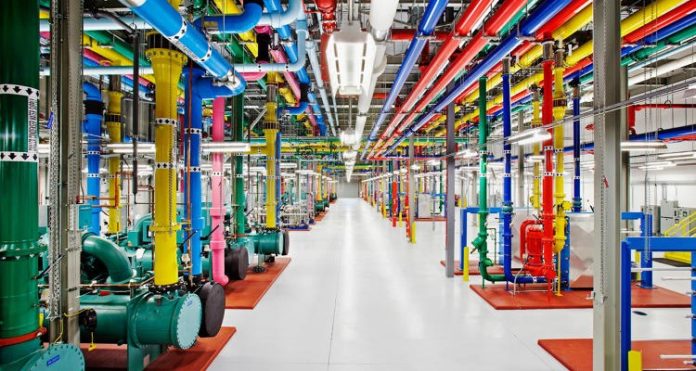
Unfettered growth: it is the modus operandi of both cancer cells and industrialist-era capitalism. Now before you grab your torches, consider for a moment that both are ultimately unsustainable, and even mega corporations like Cisco, Philips, Unilever and now Google are investing in alternatives to the consume-and-throw-away model; these corporations have all partners of the Ellen McArthur Foundation, an organization founded in 2009 to promote the concept of a circular economy.
While growth and capitalism are not inherently negative forces, if unchecked, both come with serious ramifications: resources are depleted, landfills overflow, health begins to decline. As Charles Eisenstein, author of Sacred Economics, recently hypothesized in his Huffington Post article, what if he became panicked at his son’s slowing growth rate, and began feeding him growth hormones? Endless growth and production is not always a desirable end game.
“The time has come to shift to a different kind of development, development that is qualitative rather than quantitative, better and not more. I wish our policy elites would understand this,” posited Eisenstein. “Case in point: the new U.N. Sustainable Development Goals (SDGs) convey real concern and care for the environment. Yet at the same time they are wedded to the ideology of economic growth — more GDP, more industrial infrastructure, roads, ports, etc. — without considering whether other forms of development could better meet their goals of poverty elimination and ecological sustainability.”
It might be safe to say people are slowly cottoning on to this idea that endless growth is not sustainable, nor desirable. Increased disparity of wealth and opportunities, waste products we have no means of storing or processing properly, and tapping out resources faster than they can be replenished are all very real effects of this model many are now having to cope with.
Now that tech heavyweight Google is adding its force to this movement to create a circular economy and reduce waste to zero, what can we expect to see?
“Our goal is to embed circular economic principles into the fabric of Google’s infrastructure, operations, and culture,” said Google sustainability lead Kate Brandt in a recent Fast Company interview. “What that means is that we’ll be focusing on opportunities wherever possible to eradicate waste through smart design—at our data centers, in our kitchens, on our campuses, in all we do around the world.”
Google will utilize its new partnership with the McArthur Foundation to first launch two circular economy projects in-house over the next year, but Google is dreaming bigger than just that, and not ruling out the possibility of creating tools for others to follow suit around the world.
“We’re a company that has solved hard challenges on a global scale, driving every road and mapping it, putting every book online for free,” Brandt says. “We get excited about these challenges that ultimately make people’s lives better and that we can apply some of our Google skills to, and so that’s what’s exciting to us about circularity.”




